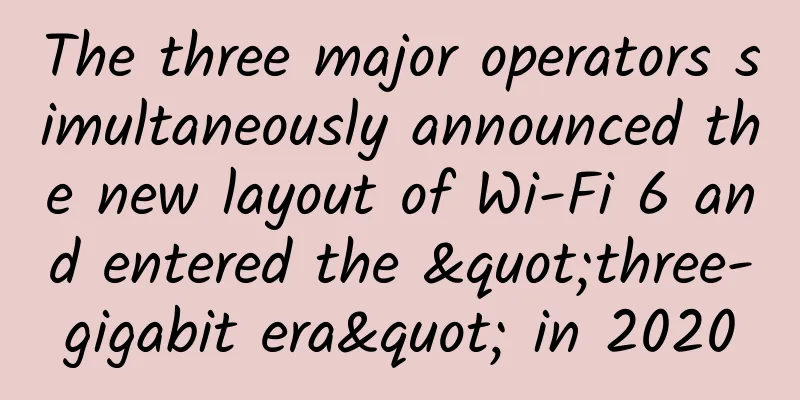How the global 5G network will reshape future defense strategies

|
Explore the impact of global 5G networks on future defense strategies. The advent of 5G technology is not only revolutionizing the way we communicate and conduct business, it is also dramatically reshaping the future of global defense strategy. As countries around the world race to deploy this groundbreaking technology, it is critical to understand the profound impact it will have on national security and defense. The fifth generation of wireless technology, or 5G, offers unprecedented speed and connectivity. It promises to deliver data rates 100 times faster than 4G, with latency of just a few milliseconds. The technological leap is more than just faster internet speeds; it will become the backbone of the future digital world, enabling the Internet of Things (IoT), self-driving cars, smart cities, and more. In terms of defense, 5G networks can significantly enhance command and control systems, intelligence, surveillance and reconnaissance capabilities, and improve the functionality of unmanned systems. With the ultra-high-speed, reliable and low-latency communications provided by 5G, defense forces can receive real-time information, enabling faster decision-making and response times. In addition, 5G's high-speed data transmission capabilities help deploy artificial intelligence and machine learning in defense operations, thereby improving their efficiency and effectiveness. However, while bringing huge benefits, the deployment of 5G networks also brings new challenges and threats to national security. The interconnected nature of 5G networks means that they may be vulnerable to cyber attacks. Therefore, countries must be prepared to prevent these threats and ensure the security of their 5G infrastructure. In addition, the global nature of 5G networks has also raised concerns about potential interference and espionage by foreign powers. As seen in the recent controversy surrounding Chinese telecom giant Huawei, there are concerns that foreign powers could use 5G networks to gather intelligence or even conduct sabotage. As a result, countries are now grappling with how to protect their 5G networks from potential foreign threats. To meet these challenges, many countries are investing heavily in research and development to improve their cyber defense capabilities. They are also imposing strict regulations and standards on 5G network vendors to ensure the security and integrity of their digital infrastructure. In addition, countries are also exploring the potential of 5G technology to enhance their own defense capabilities. For example, the US Department of Defense has launched a series of 5G experiments and prototypes to explore how the technology can be used for various defense applications, from augmented reality training to smart warehouses. In summary, the emergence of 5G networks around the world will have a profound impact on future national defense strategies. While it offers great potential for enhancing national defense capabilities, it also brings new challenges and threats to national security. Therefore, countries must not only take advantage of the advantages of 5G technology, but also invest in strong cyber defense measures to protect their digital infrastructure. As we enter the 5G era, it is clear that future defense will become increasingly digital and interconnected. |
<<: Five elements for building a private 5G network
>>: Exploring cross-industry collaboration between 5G and edge computing
Recommend
The unlimited package has been cancelled? What does this mean for 5G?
It is reported that China Telecom announced that ...
5G new call concepts and key technologies
Labs Guide The pursuit of communication technolog...
Programmers' comments on Singles' Day: What is honey to others may be poison to me
In 2016, Tmall’s single-day sales record was 120....
Application performance improved by 70%, exploring the implementation principle and implementation path of mPaaS full-link stress testing
Business Background As the mobile development ind...
OneTechCloud Hong Kong/Japan/US CN2 GIA 10% off monthly payment and 20% off quarterly payment, optional native IP or high-defense VPS
OneTechCloud is a VPS hosting business that focus...
LoRaWAN for public, private and hybrid networks
Established network connectivity technologies off...
The future development trend of the Internet will transition from HTTP to IPFS
We know that IPFS is a new Internet underlying pr...
A 200 billion market is in sight! 5G and smart agriculture are in love with each other
What do you think of when you mention agriculture...
AlphaVPS: German AMD EYPC+NVMe series KVM is online with monthly payment starting at 3.99 euros
At the beginning of last month, I shared the news...
Network programming - starting from establishing a TCP connection
[[388071]] Preface Network programming is somethi...
5G video calls can't save 5G. The problem with 5G is 5G itself.
The video call function is actually not new. It h...
V.PS: €9.95/year VPS with new German data center, 1G memory/15G SSD/1TB monthly traffic
The Nano series provided by V.PS adds a German da...
Huawei's Li Jie: Leading with innovation and continuously consolidating high-quality 5G networks
[Shanghai, China, June 5, 2023] At the 2nd Mobile...
The Ministry of Industry and Information Technology has launched a special campaign on IPv6. What should IDC, CDN and cloud service providers do?
On November 25 last year, the European RIPE NCC m...
Five ways edge computing drives digital business
Every industry has created a new normal: if your ...









